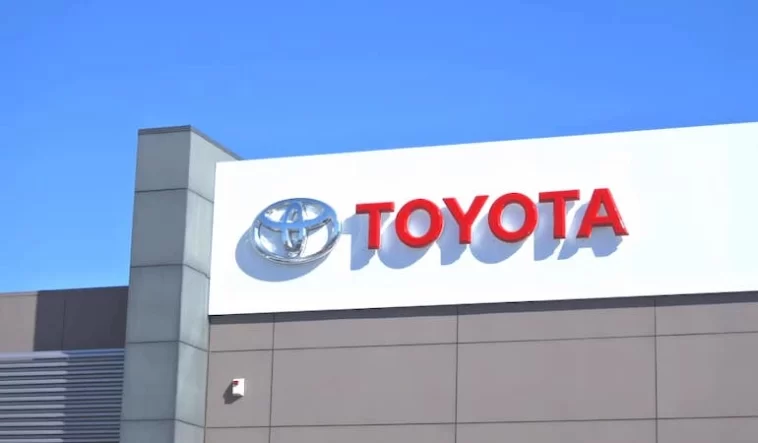One of the top automakers in the nation, Toyota Indus Motor (IMC), reported a profit of Rs. 3.21 billion for the first three months of 2023. This is despite the fact that the company’s profits fell by 37.1% from the same time last year.
However, after two straight months of losses in the previous fiscal year, IMC’s quarter-over-quarter (QoQ) profit increased by 142%.
Although IMC’s sales have decreased by 29%, earning Rs. 48.19 billion, a sharp increase in inflation and import restrictions have caused consumers to steer clear of overpriced new cars.
According to a report by the Pakistan Automotive Manufacturers Association (PAMA), car sales in Pakistan significantly improved last month, increasing by 54% from the month before.
This increase follows several months of steadily declining sales in the neighborhood’s auto industry.
Automobile sales in March totaled 9,351 units, a significant increase from 6,072 in February. The industry sold 27,202 vehicles during the same time period last year, a 66% decrease from this year.
In contrast to Honda Atlas sales, which fell by 49% in March to 835 units from 1,636 units in February, Pak Suzuki Motors Company saw an unexpected rise of 475%, outpacing rivals Toyota and Honda.
In contrast to the 978 cars it sold in February, the company sold 5,628 cars last month. 836 units of the Hyundai Nishat were sold last month, compared to 1,271 units in February, a 34% decrease in sales.
These most recent statistics demonstrate that some car companies are still able to post profits despite the difficulties the Pakistani auto industry is facing. Inflation and import restrictions, however, continue to pose problems for the industry as a whole.


